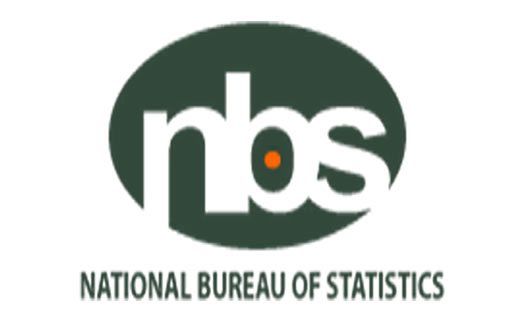Intra-city transport fares in Nigeria have risen to 283 percent on the average amid the rising cost of fuel subsidy to the Federal Government
The National Bureau of Statistics (NBS) revealed this, adding that the average cost of bus transportation within Nigerian cities rose from N122.83 in January 2017 to N470.83 in December 2021, reports have shown.
This means that the cost of intra-city bus transportation has risen by 283 per cent or N384 in four years.
This is according to an analysis of data from the Transport Fare Watch reports of the National Bureau of Statistics.
In 2017, Abuja had the highest intra-city bus transport cost at N290.55 while Borno had the lowest at N50.
In 2021, Zamfara had the highest intra-city bus transport cost at N700.22 while Abia had the lowest at N294.44.
The data shows that the lowest cost in 2021 is 2.4 times higher than the average cost in 2017.
The report also shows that the average cost of bus transportation from one city to another rose from N1,430.63 in January 2017 to N2,784.92 in December 2021.
However, despite the massive increase in the cost of bus transportation, the average price of petrol increased by only 11.48 per cent within the period under review.
The average price paid by consumers for premium motor spirit increased from N148.7 in January 2017 to N165.77 in December 2021.
Like the cost of bus transportation, the cost of fuel subsidy has also been increasing.
In 2017, the Nigerian National Petroleum Corporation said that it spent N144.53bn in subsidising premium motor spirit.
A breakdown of the amount spent on subsidising petrol on a monthly basis in 2017 showed that in January, February, March, April, May and June, N37.26bn, N6.3bn, N8.207bn, N8.207bn, N7.743bn and N11.79bn were spent by the NNPC respectively; while for the months of July to December, the NNPC spent N10.25bn, N7.939bn, N7.522bn, N6.849bn, N16.785bn and N15.677bn, respectively.
In 2021, the NNPC said fuel subsidy gulped N1.43tn, although there was no record for under-recovery in January.
In February, March, April, May, and June 2021, under-recovery for PMS amounted to N25.37bn, N60.39bn, N61.96bn, N126.29bn, and N164.33bn respectively.
In July, August, September, October, November and December, the NNPC spent N103.28bn, N173.13bn, N149.28bn, N163bn, N131.4bn, and N270.83bn, respectively.
Within the four-year period under review, the cost of fuel subsidy rose by 889.41 per cent.
Economic and energy experts continued to decry the rising cost of fuel subsidy to the Federal Government.
The World Bank and the International Monetary Fund have decried the Federal Government’s huge spending on petrol subsidy, urging the government to end the regime.
Although the Federal Government had planned to stop subsidising fuel subsidy by June 2022, the government last week backtracked on the plan.
The government subsequently said the proposed removal of fuel subsidy would be extended by 18 months. It also said the development meant the Petroleum Industry Act would be reviewed and sent to the National Assembly.
Several groups described the decision of the All Progressives Congress-led government to suspend the petrol subsidy removal as an election strategy.









